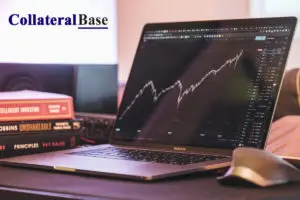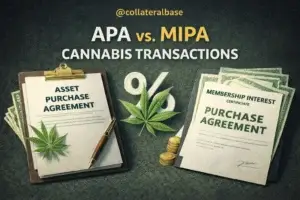
A valuation cap is a term of a convertible note or a SAFE. It is also a great way to attract investors to any startup, providing them with an incentive to invest.
Starting a successful financing round for your business will expose you to a slew of new terms. It is essential that you grasp these terms and what they represent to secure finance on favorable terms for your company.
If you’re thinking about obtaining financing for your startup or firm, you’ve probably heard the term “convertible notes,” “SAFEs,” or “value cap” before. Here’s an explanation of what these phrases imply and how they relate to the financing process.
Relevant definitions for valuation caps
Convertible Note
A convertible note is a loan made to your startup or firm by an investor. It is essentially an investment vehicle that is frequently utilized by seed investors who want to delay setting a value for a business until a later round of funding or a milestone.
They are structured as loans with the goal of being converted to equity. At a certain milestone -generally the value of a later financing round- the existing loan balance is automatically converted to stock.
SAFE
A SAFE -simple agreement for future equity- is a financial contract that a business can utilize to acquire capital during its initial fundraising rounds. Some see the instrument as a more founder-friendly alternative to convertible notes.
A SAFE is designed as an investment contract between a startup and an investor that grants the investor the right to obtain ownership in the firm in the case of specified triggering events, such as further equity funding or the company’s sale.
What is a Valuation Cap?
The definitions mentioned above are useful because valuation caps depend on SAFE or convertible note holders to exist. A valuation cap provides SAFE or convertible note holders an opportunity to convert their investment into equity at the lower end of the valuation cap, or the price in subsequent funding rounds.
Simply put, a valuation cap assures that an investor’s investment to a startup or firm in the form of a SAFE or convertible note gets converted into stock at a predetermined maximum price. It is crucial to note that this maximum price is restricted — even if the value of a firm in succeeding rounds exceeds the amount stated in the valuation cap.
Let’s assume a firm engages into a SAFE or offers convertible notes to an investor with a $1 million valuation cap. If the company’s valuation reaches $2 million in the next fundraising round, the investor’s SAFE or convertible note will convert into equity at the valuation cap price of $1 million.
If there’s a $1 million valuation cap, and the next round the company it is decided that the company is worth $2 million dollars, and pay $1/share, your note will convert into equity as if the price had been $1 million.
So, in this case, if you divide $1 million by $2 million, you will get an effective price of $0.50/share. That means that you would get twice as many shares as the investors after the company’s valuation for the same price.
Benefits of Valuation Caps
Valuation caps incentivize people to invest early in potential businesses. As mentioned above, if the valuation cap, for example, is half the valuation of a startup or firm at the time of the next fundraising round, the investor will receive twice the amount of stock in return for their contribution.
A lower valuation cap, on the other hand, will offer an investor with a potentially larger equity share in the next fundraising round. A valuation cap also safeguards investors from excessively low equity conversion percentages in succeeding valuation rounds.
RELATED: How to add a new member to an LLC
For a quick assessment of your needs – let’s talk to discuss how Trusts can help your business.
Whether this is your first land use issue or most recent, our office has helped people and businesses alike.
Thomas Howard was on the ball and got things done. Easy to work with, communicates very well, and I would recommend him anytime.





